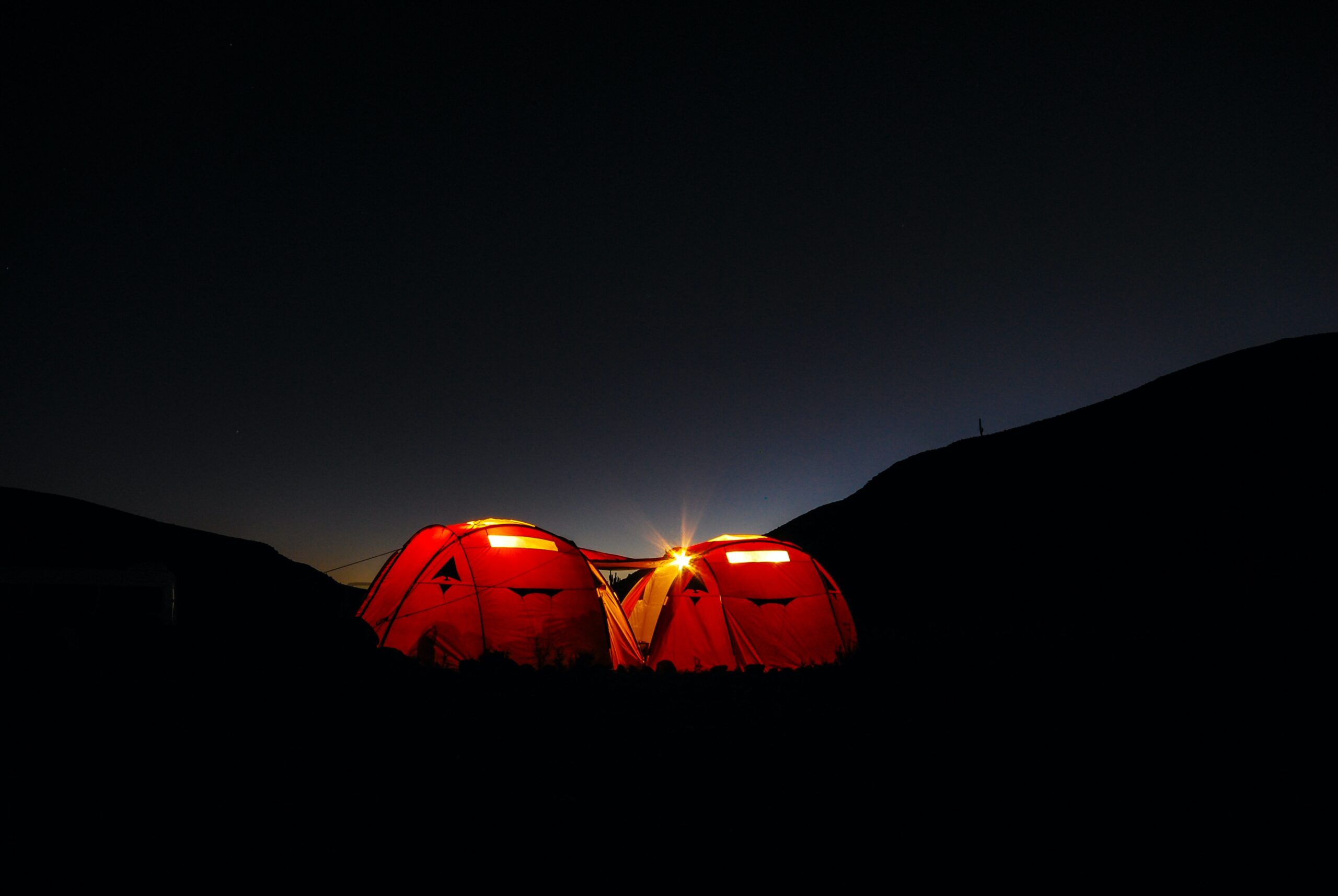There’s no better feeling than sleeping under the stars and being at one with nature in the great outdoors. However, we must emphasise that wild camping in the Lake District is not allowed unless you seek permission from the landowner beforehand. That said, there are some fabulous wild camping spots in the Lake District that provide an unforgettable experience for anyone with a sense of adventure and a passion for
Wild Camping Etiquette
As we all know, the Lake District is one of the most beautiful national parks in the world and, rightly so, deserves a heap of respect from anyone that visits. There are several protocols to follow to ensure that you leave absolutely no trace of your wild camp.
- Pitch up in more remote areas away from busy towns and villages.
- Arrive at your location as late as possible and leave early in the morning before other visitors start to arrive.
- Leave no trace of your camping spot and take all litter home with you. You should leave the spot exactly as you found it.
- Don’t light any open fires. Fires cause a huge risk to the Lake District each year and can totally ravage the landscape, costing both lives and nature.
- Be respectful of other people and if you’re asked to move, don’t argue.
- Make your toilet at least 30 metres away from water and bury your business deep enough so that it can’t be discovered by anyone else. Make sure you take your toilet paper home with you.
- Only stay for one night in the same spot. If you wish to stay another night, move on to somewhere else.
- Choose your pitch carefully so that you don’t have to start moving things such as rocks or branches of trees.

Finding the Best Wild Camping Spots in the Lake District
If you’re new to wild camping in the Lake District, choosing where to pitch up can be a little overwhelming. Firstly, you’re going to need an OS map so you can assess the areas you’d like to explore. It’s also a good idea to familiarise yourself with the area on foot prior to your camping trip.
These are some of the things you’ll need to take into consideration:
- Choose somewhere with flat terrain
- Don’t camp on high peaks when it’s very windy
- Make sure the area isn’t too boggy
- Camp away from busy walking routes
- Stay away from anywhere where there are potential dangers such as falling rocks


0 Comments